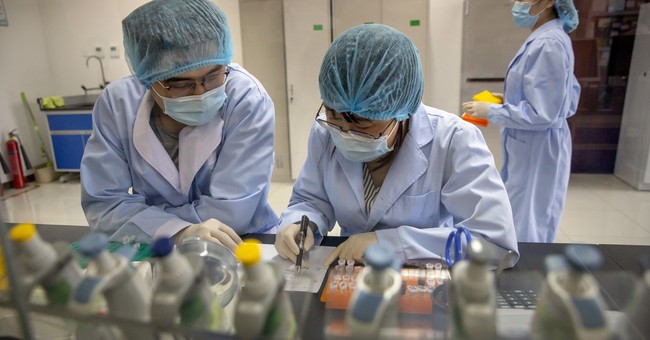
Bloomberg News has reported new lockdowns have gone into effect in the northeastern province of Jilin as fears of a second wave of the coronavirus loom.
Some 108 million people in China’s northeast region are being plunged back under lockdown conditions as a new and growing cluster of infections causes a backslide in the nation’s return to normal. In an abrupt reversal of the re-opening taking place across the nation, cities in Jilin province have cut off trains and buses, shut schools and quarantined tens of thousands of people. The strict measures have dismayed many residents who had thought the worst of the nation’s epidemic was over.
The reason offered for the new round of quarantines is that a “cluster of 34 infections” has been discovered in a Jilin province city. Given the CCP’s repeated lies about the origination of the coronavirus, we can be forgiven for not believing there were only 34 infections.
Bloomberg spoke to Fan Pai, a resident of a city in neighboring Liaoning province that’s also “facing renewed restrictions.” She said, “People are feeling more cautious again. Children playing outside are wearing masks again and health care workers are walking around in protective gear. It’s frustrating because you don’t know when it will end.”
According to the report, the government of Shulan, a city in Jilin, announced on social media that its plans to “put in place its strictest measures yet to contain the virus. Residential compounds with confirmed or suspected cases will be closed off, with only one person from each family allowed to leave to purchase essentials for two hours every two days.”
A Shenyang-based businessman told reporters he “canceled a three-day business trip to Jilin city last week” to avoid a 21-day quarantine upon his return. He also said his party of three was separated at a state-owned restaurant because they allowed only two people per table. He added, “You can feel that control is stricter. People have been more careful and reduced outdoor activities.”
During the first round of the virus, the number of total cases in Jilin province was only 127; Hubei province had 68,000.
Bloomberg reports:
Delivery services have been mostly halted and anti-fever medication is banned at drugstores to prevent people from hiding their symptoms. The tension has spread to nearby areas, even if no cases have been reported officially in those places yet.
After facing global criticism for its delayed response to Wuhan’s outbreak, President Xi Jinping’s administration is taking visible steps to stop the spread of the virus in the northeast. Vice Premier Sun Chunlan, who led the central government’s virus task force in Wuhan, arrived in Jilin city on May 13. The highest-ranking Communist Party official of Shulan, where the new cluster’s first infection emerged, was removed on Saturday along with five other cadres.
Pressure to contain the infections is even greater with China’s annual political meetings scheduled to commence this week in Beijing after being delayed from their usual March date. Thousands of political delegates will gather in the capital to endorse the government’s agenda from Friday and the central leadership is determined to project stability and calm during this period.
Health officials do not yet know how the new cluster started, but suspect that the patients may have come into contact with infected returnees from Russia, which has one of the worst outbreaks in Europe.
On Sunday, Xinhua, China’s state media outlet, reported that the risk of a second wave of the virus in “Jilin province has been upgraded from medium to high level.” The problem is worst in the northeastern region of the province. Xinhua reported:
By Saturday, the province had reported a total of 125 locally transmitted confirmed cases, including 2 deaths and 95 who had been discharged from hospital after recovery. There are still 28 patients receiving treatment in hospital, all in the city of Jilin, and 938 close contacts of locally transmitted cases under medical observation,” authors of the report wrote.
In a press conference on the evolving situation held May 15, it was stated that new cases had come to the attention of public health officials within Shulan on May 7.
“After the occurrence of local cases in our city, the Shulan Municipal Party Committee and the Municipal Government acted swiftly, entered a state of total war, adopted the most stringent control measures, and went all out to prevent and control the epidemic,” the city’s mayor said.
The World Health Assembly (WHA) began their annual two-day meeting on Monday. They are expected to vote on a resolution backed by over 100 countries (including Russia) which calls for an independent inquiry into the coronavirus pandemic. Russia has been extremely hard hit recently.
This resolution was initiated by Australia and drafted by the European Union. It can be viewed here.
Needless to say, Beijing wasn’t so happy with this resolution which they called a “highly irresponsible” move that could “disrupt international cooperation in fighting the pandemic and goes against people’s shared aspiration.”
Meanwhile, on Sunday, Chinese epidemiologist Zhong Nanshan told CNN, “the majority of Chinese at the moment are still susceptible to the Covid-19 infection” due to a lack of herd immunity. China faces a “big challenge.” Contrary to the propaganda coming from the CCP, “the situation in China is not better than foreign countries.”
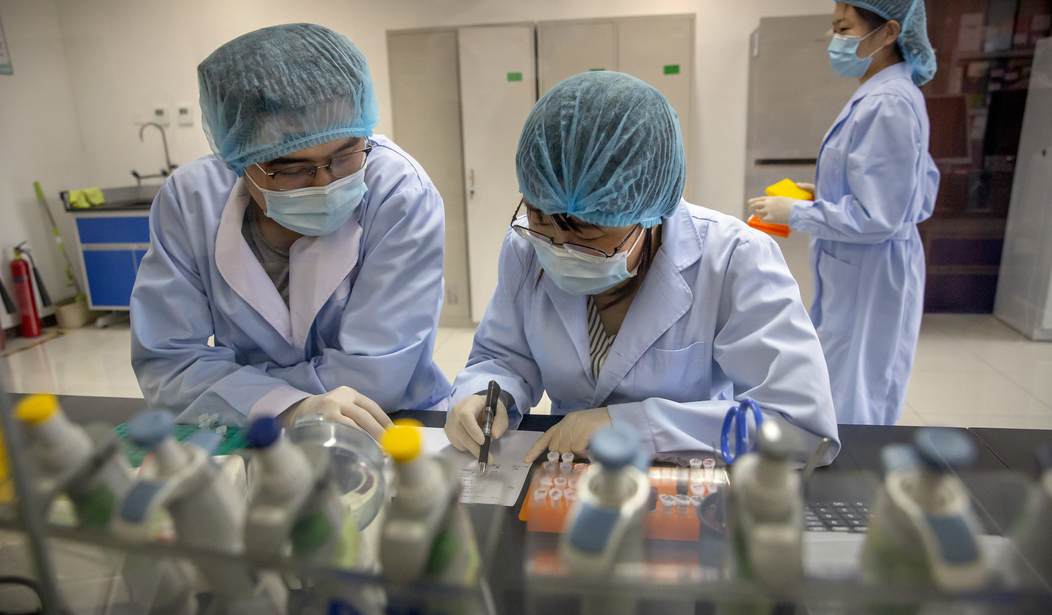
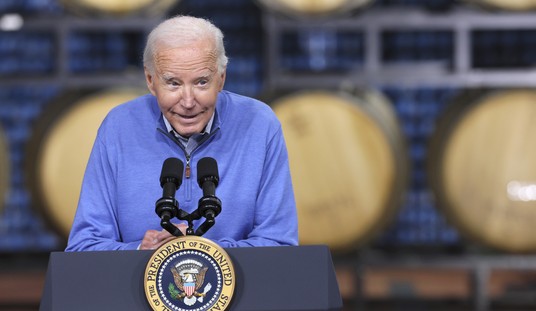
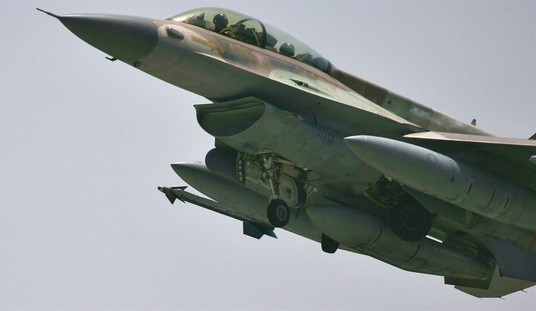

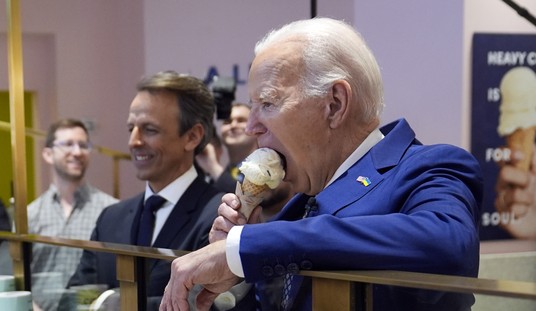

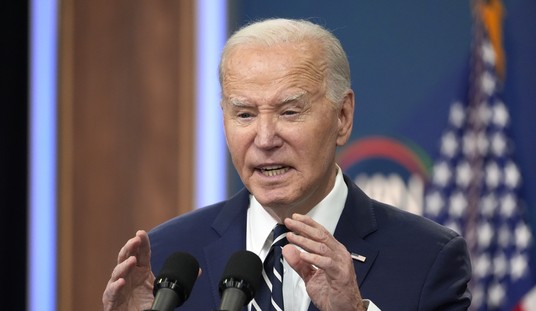

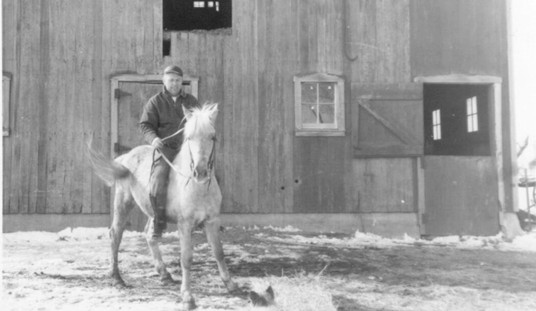
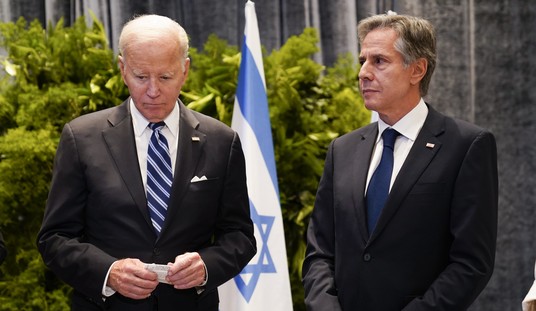

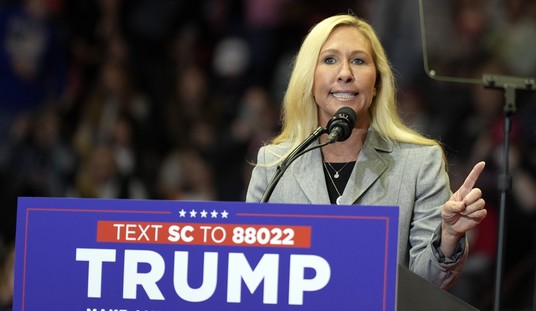


Join the conversation as a VIP Member